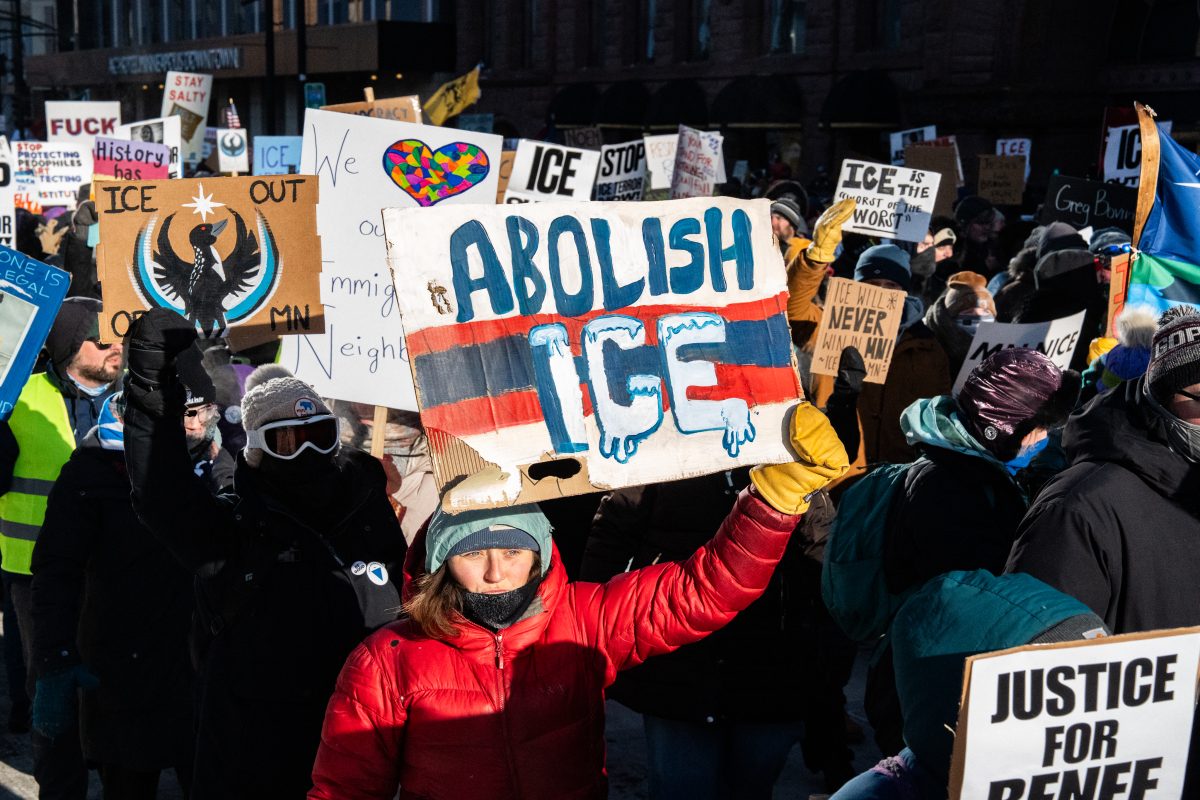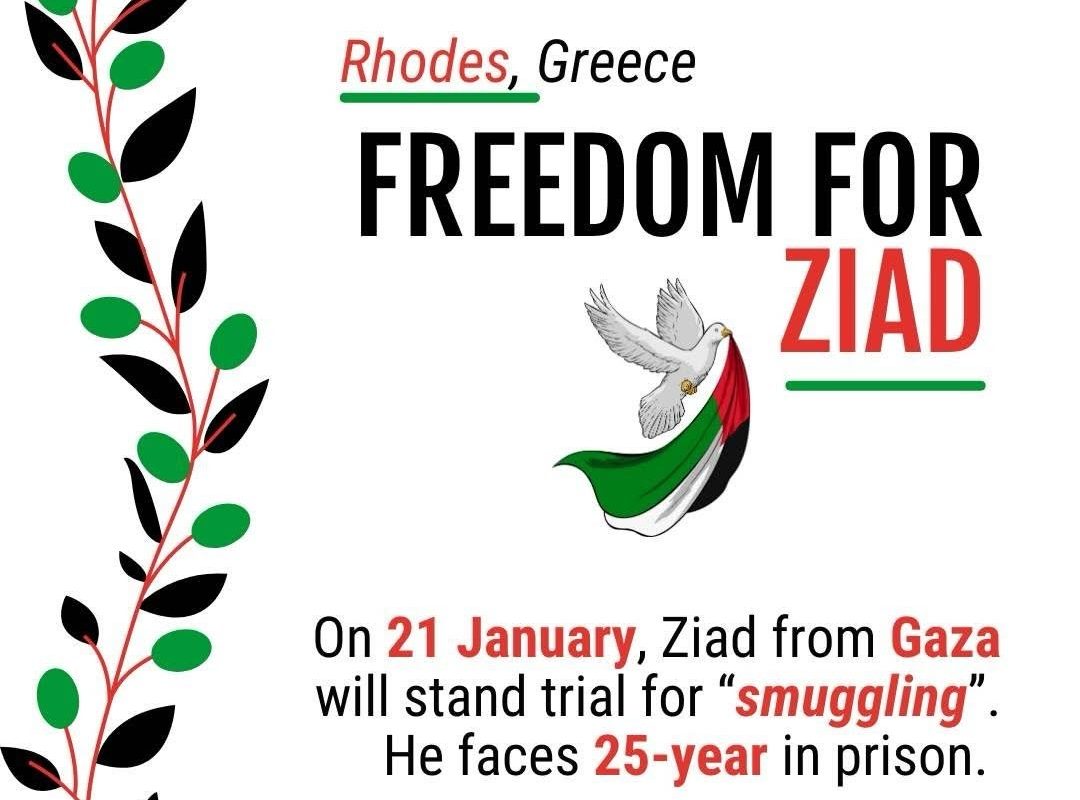The narco-right declares war on the people
After seven years of right-wing government, Ecuador has gone from being the second safest country in the region to being one of the most violent. Neoliberal dismantling of the state, takeover of judicial institutions and forces of repression by narcopolitical actors has allowed drug traffickers to expand operations in the country. In this scenario of precarization and violence, it is mainly poor, racialized young people who are recruited as cannon fodder by criminal organisations.
The Violent Spiral
Due to geopolitical readjustments and the interests of national elites and major world powers, Ecuador has become a strategic location for the storage, distribution and export of cocaine to Europe and the USA. Ultimately, cocaine trafficking is a colonial practice: consumption is concentrated in the imperial centres of the north, while the south is left to deal with the violence and plundering of resources. Gangs, with links to international cartels, fight for control of territory and trafficking routes in an upsurge of violence that has generated dozens of prison massacres, waves of insecurity in the streets and fear among the population. Last year was the most violent in Ecuador’s history—2023 saw more than 40 murders per 100,000 inhabitants, the highest figure in Latin America. This is profoundly painful, and we condemn Ecuadorian bloodletting at the hands of the narco-state and its key figures both within and outside government.
Shock Therapy
On January 9th we witnessed an unprecedented new explosion of violence. After trafficking gang Los Chernos’ leader (known as ”Fito”) escaped from jail, banana magnate Daniel Noboa’s government admitted that it had no idea as to his whereabouts, declared a state of emergency and announced it was putting into operation “Plan Phoenix”, which envisions the construction of mega-prisons inspired by the authoritarian security model of El Salvador’s rightist president Nayib Bukele. This triggered a series of violent events which shook Ecuador and the world; prison mutinies with prison guards taken hostage, vehicles in flames, the live-broadcasted takeover of a television channel by criminal gangs, and kidnapping attempts at the University of Guayaquil. The resulting curfew, evacuation of workplaces and educational establishments, self-isolation and circulation of violent videos on corporate media and social networks fueled panic in the population.
The War Decree
This extreme violence paved the way for President Daniel Noboa to sign Decree 111, which declares officially that an “internal armed conflict” exists in Ecuador; the justification for which is said to be the fight against criminal gangs and drug trafficking. However, the decree carries imminent dangers for the Ecuadorian people and for popular organisation. By announcing a state of war against groups considered “terrorists and non-state belligerent actors”, the state runs the risk of giving organised criminal gangs the false status of “combatants.” The rhetoric of “good state vs bad criminals” obscures the fact that actors at the highest levels of the state, of politics, the police and private enterprise play an active role in the networks of violence and profiteering from drug trafficking.
Hate
The most disturbing thing is that Decree 111 constitutes a new peak in the militarisation of social life and the criminalization of impoverished youth. Within a week of its implementation, we have seen with horror how Decree 111 has given the police and military a blank cheque to abuse the rights of anyone who shows a “suspicious attitude”. Racialized young people from the poorest districts have faced increased aggression from the forces of repression. The population has been deprived of freedom and basic rights, and put under generalised suspicion. While the narco-state generates turmoil and fear, the hegemonic mass media stoke racism and hatred of the poor, providing justification for dangerous demands to “give a bullet to all of them”.
Authoritarian Neoliberalism
The authoritarian state is sustained by mass repression and terror. In Ecuador, there will shortly be a inappropriately named “public consultation”. Noboa plans to instrumentalize the rhetoric of the “war against terrorism” both to strength the police and armed forces, and to deepen neoliberal restructuring. State terrorism and impunity could be the bloody outcome. In economic terms, the government has already announced that it will finance the supposed “war against drug trafficking” through an increase in Value Added Tax. This increase is a profoundly unfair measure which will principally impact the already depressed incomes of the poorer sectors of society. Meanwhile, the Noboa Banana Exporter company, which belongs to the family of the president, has debts of 88 million dollars and has been denounced for labour exploitation. It is essential that the oligarchy pays its debts and stops robbing the Ecuadorian people. Without health care, housing, education and decent work, the authoritarian narco-right will continue to make inroads in the impoverished social base of Latin America.
The Attack on Popular Organization
After 2017 the governments of Lenin Moreno and Guillermo Lasso deepened neoliberal austerity, increased social inequality and forced hundreds of thousands of Ecuadorians to emigrate in search of a better future. At the same time, they intensified repressive practices against indigenous and popular mobilizations. The “war against terrorism” today serves the narco-right in power as a tool to further stigmatize and criminalize the organisations and social collectives that fight for a dignified life for everyone.
The regional right and US interference
The intensified ”shock therapy” since January 9th strengthens an authoritarian, militarised politics that will only intensify the spiral of violence in Ecuador. But the extremism of the narco-right crosses frontiers. On January 10th Patricia Bullrich, the Minister of Security of the anarcho-capitalist Javier Milei in Argentina, announced that she was prepared to send military support to Ecuador, stating, “this is a continental issue”. The extreme rightwing government of Israel, in the midst of committing genocide against the Palestinian people, has also offered security collaboration to the rightist Noboa. These alarming signals make Ecuador the epicentre of the strategy of securitization and death at the regional level. The bloody echos of violence perpetrated against our brothers and sisters in Colombia and Mexico with the excuse of the “war against drugs” stopped being only a distant memory some time ago—the old playbook of “internal armed conflict” is being recycled on the impoverished, racialized bodies of those considered disposable. Already in 2022 then-president banker Guillermo Lasso, asked the United States to apply a “Plan Ecuador”—Noboa’s Decree 111 is the perfect terrain to enable imminent US interference, which has already spilled a great deal of blood in Latin American history.
Solidarity Without Borders
Our voices of denunciation will never be silenced by terror imposed in an attempt to paralyze us. Confronted with the politics of death, we respond with our profound love of life and hope. We have the historic task of constructing viable alternatives so that our people can live well. We will continue building networks of solidarity with all the oppressed peoples who have experience in resisting the blows of repression and in designing better collective futures. It is more important than ever to be alert, to support each other and strengthen popular organisation and resistance everywhere. Solidarity between comrades will keep us going in this dark period. We remember more than ever our comrade Dolores Cacuango, indigenous communist leader:
“We are like grains of quinoa. If we are alone, the wind will blow us away. But if we are together in a sack, the wind can do nothing. It can make us sway, but it cannot make us fall”
This article first appeared in Spanish on the Bloque Latinoamericano Berlin website. Translation: Ian Perry. Reproduced with permission




